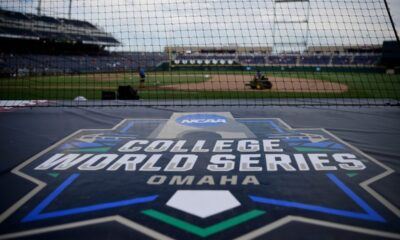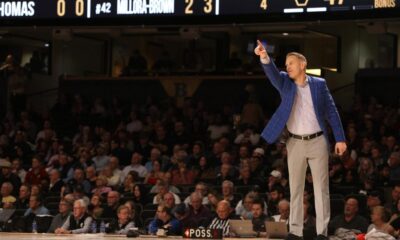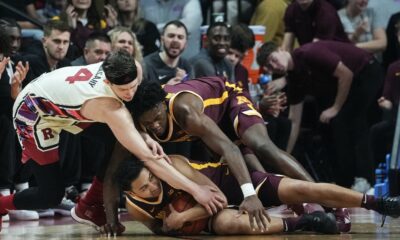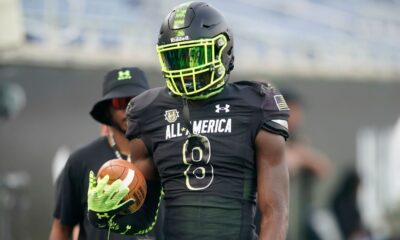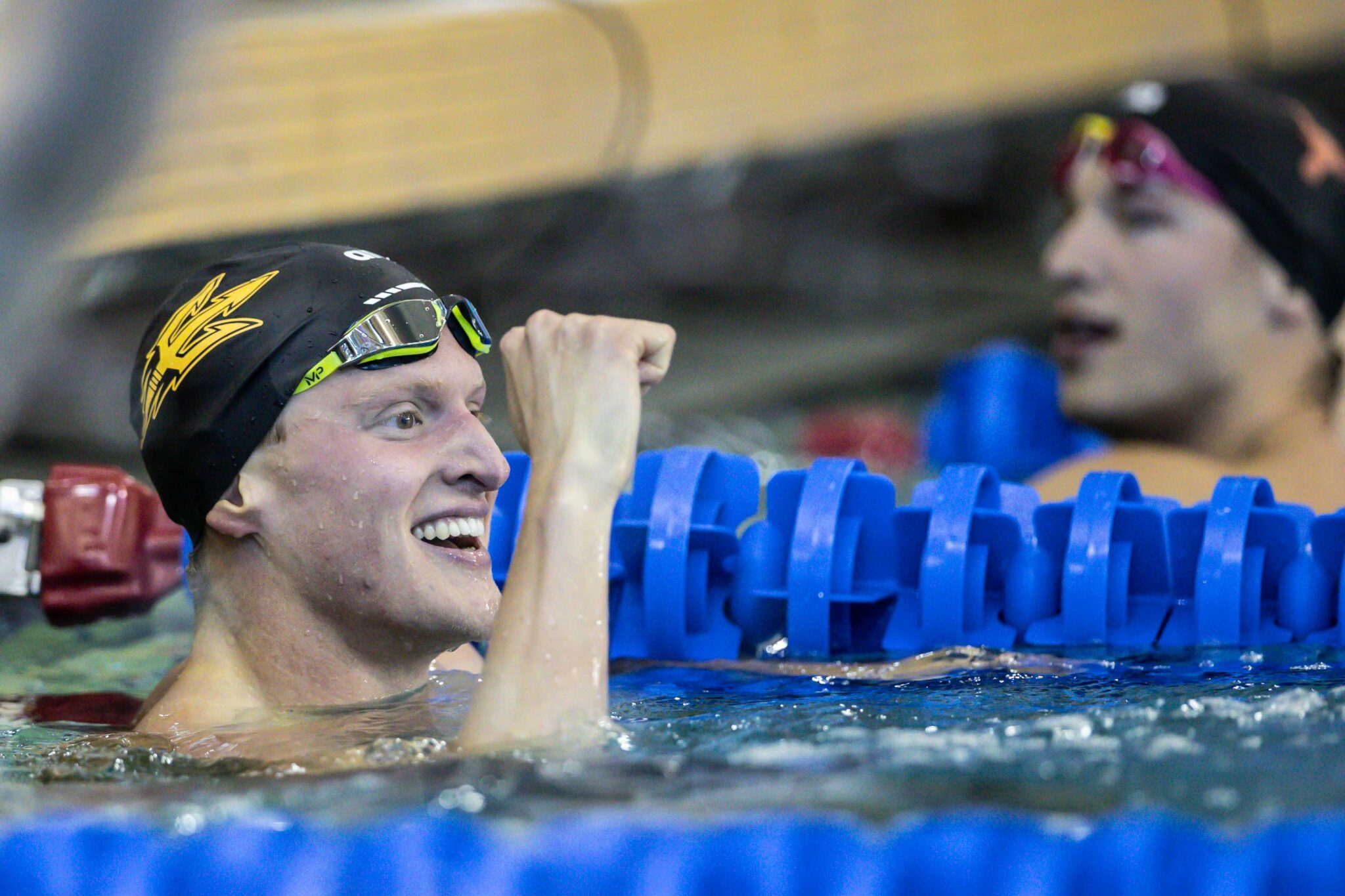
Arizona State Swimmer’s Attorney Grant House A 51-page brief filed Friday’s petition for class certification in its antitrust lawsuit against the NCAA.
of House vs. NCAA The case focuses on college athletes’ missed opportunities to profit from their name, image, and likeness (none) before the NCAA rule change last July. It is also seeking relief under the current injunction. none The policy argued by lawyers still limits the full extent of an athlete’s publicity rights.
“preliminary none Rules do not allow direct none NCAA, conference or school payments to athletes,” said Brief. “Essentially, after years of discussion, none Compensation will be college sports death knell, defendant now accepts none But only if it is paid by a third party and not out of your own wallet. ‘These third-party deals are ‘far from fully restoring the value of her NIL to a college athlete,’ it succinctly argues.
“It’s not that defendants don’t have the means to share with their athletes the billions of dollars in broadcast revenue that the NIL helps generate for them,” the brief adds. They play in stadiums and arenas plastered with rewarding corporate logos and compete on national television in school-approved uniforms and shoes.”
House is currently using his fifth-year qualification in the Sun Devils’ program, which includes Oregon basketball players. Sedona Prince and former Illinois football player Timir Oliver As lead plaintiffs represented by Winston & Strawn and Hagens Berman. Hagens Berman has worked with clients in the past, including his $208 million settlement with the NCAA over antitrust-related student scholarship restrictions and a total of $60 million settlements with Electronic Arts and the NCAA over video game player image rights. yielded favorable results. .
“Under current rules, the NCAA puts college athletes shooting for the Olympics at a significant disadvantage to other athletes training to compete.” told SwimSwam when the lawsuit was first filed in 2020“Our ability to fund Olympic training efforts is inherently squashed by the NCAA rules on names, images, and likeness. We rely heavily on endorsements and other image deals to fund the NCAA, but the NCAA has completely shut us out of that opportunity.”
For Friday’s brief, we aim to establish four classes. The first is an injunctive relief class for all Division I players who entered from June 15, 2020 (date of complaint) through the judgment of the lawsuit, with trial scheduled for September 2024. .The goal of this class is to meet current NCAA regulations none By court order.
The other three classes are damage classes for which monetary compensation is sought. There are football and men’s basketball classes featuring Division I football and men’s basketball players who have competed at the university since June 15, 2016. The estimated size of this class is at least 6,280 members. In addition, there is a women’s basketball class (at least 856 members) and an additional sports class (at least 7,384 members), also dating back to 2016.
judge Claudia Wilken, The same judge who presided over landmark NCAA legal battles such as O’Bannon When Alston, We are now tasked with ensuring that plaintiffs’ petitions meet a set of requirements prior to approval. One of those tests is to verify that House, Prince, and Oliver’s experience is consistent with the class they claim to represent.
If Judge Wilken accredited the class, the impact could be enormous.
“That means the NCAA and its member schools could face lawsuits, possibly recovering billions of dollars and redistributing that money to current and former athletes,” said a sports law expert. says. Michael McCann I have written“House wants billions of dollars already paid to the NCAA and its member schools and conferences, and at least in theory already spent. Step into the bills.”
At this point, federal law may be the best way to prevent the NCAA from further rewarding college athletes.Last month, Mississippi Senator Roger Wicker Resubmit NIL bill Provides antitrust immunity to NCAA, schools, and conferences by barring former athletes from filing retroactive lawsuits noneIt also includes a provision that college athletes must not be considered employees. But Democrats and Republicans alike are skeptical of such exceptions.


